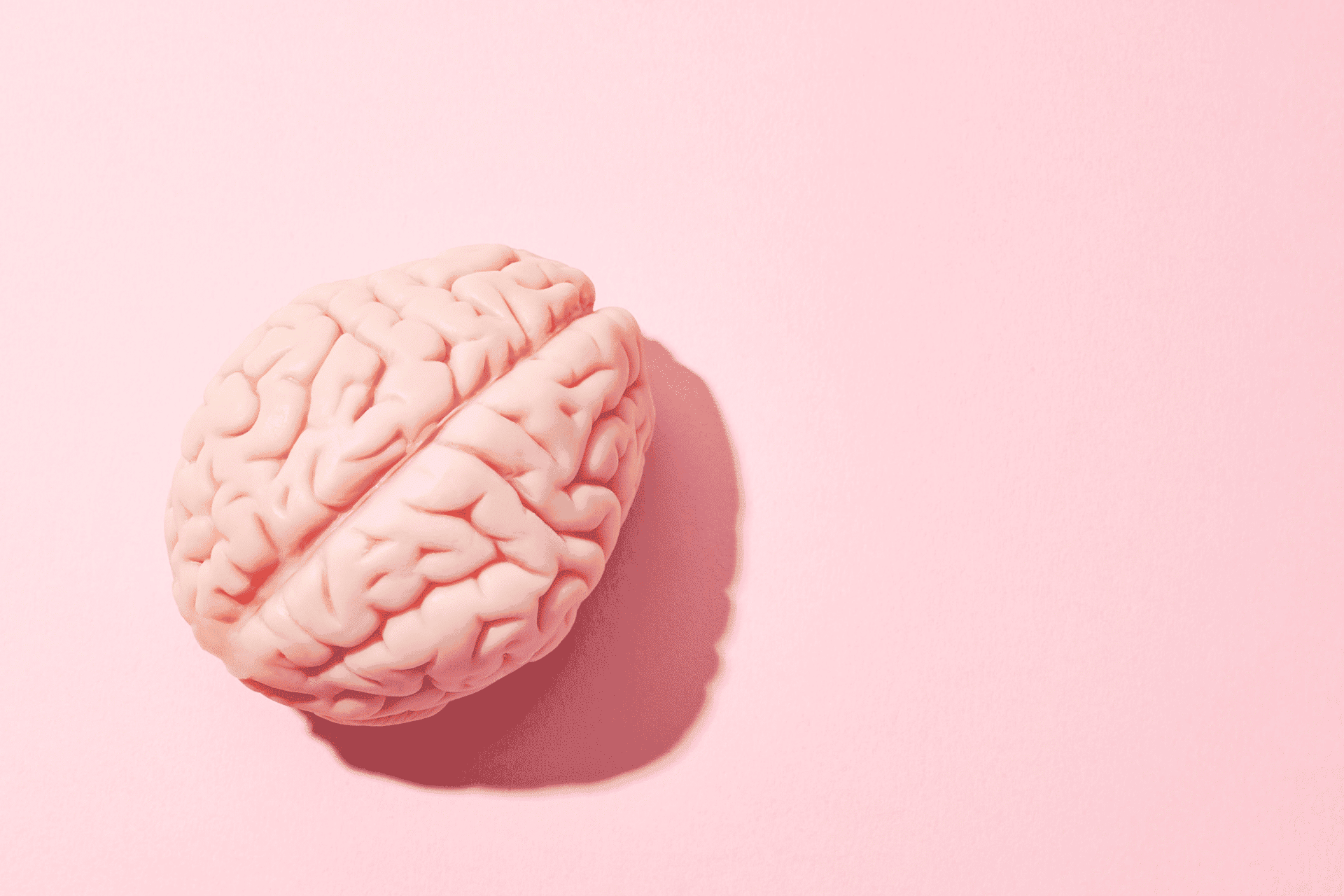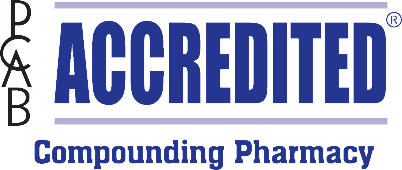You have probably heard of ADHD, or Attention Deficit Hyperactivity Disorder. It is a neuro-developmental behavioral disorder resulting in a pattern of inattention or hyperactivity. It causes impairments in social, emotional, cognitive, behavioral, and academic functioning. Typically, Attention Deficit Hyperactivity Disorder (ADHD) is diagnosed in childhood. Usually, it will often last into adulthood.
People with ADHD exhibit the following behaviors: trouble paying attention, controlling impulsive behaviors (may act without thinking about what the result will be), or be especially or overly active.
Did you know that roughly 8.4% of children and 2.5% of adults have ADHD? It is often first identified in children in school because it leads to disruptions in class or similarly have children will have issues with schoolwork. It is more common among boys than girls.
What are the Diagnosis Criteria?:
A doctor can make a diagnosis only if a child’s symptoms:
-Are seen in more than 1 place, for example, at home and in school.
-Last at least 6 months.
-Start before age 12.
-Affect his or her friendships or schoolwork.
There are three types of ADHD: inattentive type, hyperactive/impulsive type and finally the combined type. A medical diagnosis is based on symptoms that have occurred over the past six months.
Did you know that Attention Deficit Hyperactivity Disorder is believed to be hereditary? If you have a child with ADHD, effectively managing your child’s symptoms can affect both the severity of the disorder and development. As a result, this can lead to more serious problems over time. It is especially important to have your child diagnosed early. Early intervention can lead to more positive outcomes. Therefore, the sooner you address your child’s problems, the likelier you can prevent school and social problems. As a result, you can avoid other related issues such as underachievement or poor self-esteem, which can help your child have an easier time in school or at home. Once diagnosed, it will be easier to talk to your child about ways they can manage their condition effectively.
Is Attention Deficit Hyperactivity Disorder a condition that needs to be treated?
Most doctors recommend treatment. Children with untreated ADHD are more likely than children whose ADHD is treated to have a hard time in school, become depressed, or have accidents.
While there is no cure for ADHD, there are different treatments that will help improve a child’s symptoms and behavior.
How is ADHD treated?
There are different ways ADHD can be treated. Treatment can improve symptoms and help children do better at school, at home, and with friends. Children with ADHD might have 1 or more of the following treatments:
● Medications.
● Behavior treatment.
● Changes at school.
What are some ADHD medications?
First-line stimulant therapy for ADHD include:
-Methylphenidate Hydrochloride– i.e., Concerta, Ritalin SR, Ritalin LA,
-Metadate CD, Aptensio XR, QuilliChew Er etc.
-Dextroamphetamine Sulfate – i.e., Dextrostat, Dexedrine.
-Amphetamine / Dextroamphetamine Adderall, Adderall XR etc.
-Atomoxetine Hydrochloride (Strattera)
Additionally, second-line therapy for patients with ADHD include:
-Impramine Hydrochloride (Tofranil)
-Bupropion Hydrochloride (Wellbutrin)
-Nortriptyline Hydrochloride (Pamelor)
-Adjunctive therapy for management of aggressive behavior, impulsivity, hyperactivity, anxiety, insomnia
-Clonidine Hydrochloride (Catapress, Kapvay)
-Guanfacine Hydrochloride (Intuniv, Tenex)
New ADHD Mediations:
New time-released formulations of methylphenidate have been approved by the Food and Drug Administration (FDA) to treat children as young as six years old.
-Adhansia XR (Methylphenidate Hcl) – available in 25mg-85mg dose
-Jornay PM- available in 20-100mg
What’s the difference between the new medications and Ritalin (methylphenidate)?
The main difference is the higher dose.
-Jornay PM- taken before going to bed to provide early morning symptom control.
-Adhansia XR- longer duration of action and higher strength.
Can adults be diagnosed with Attention Deficit Hyperactivity Disorder?
Yes, ADHD can run in families. Some adults figure out that they have ADHD only after their child is diagnosed with it. For example, a father may see that he has the same symptoms as his son. ADHD can also cause adults to have trouble at work or with relationships.
Did you know? There are approximately 10 million adults that have attention-deficit/hyperactivity disorder. In early adulthood, Attention Deficit Hyperactivity Disorder may be associated with depression, mood/conduct disorders and substance abuse. Adults with ADHD often have issues at work (inconsistent performance at work or in their careers). Also, they can have problems in personal and family lives related to ADHD symptoms such as: having difficulties with day-to-day responsibilities; experience relationship problems; and may have chronic feelings of frustration, guilt or blame. As a result, it can be difficult to manage day-to-day responsibilities.
Read more here.
If you or your child has questions regarding Attention Deficit Hyperactivity Disorder, talk to your pharmacist today!







